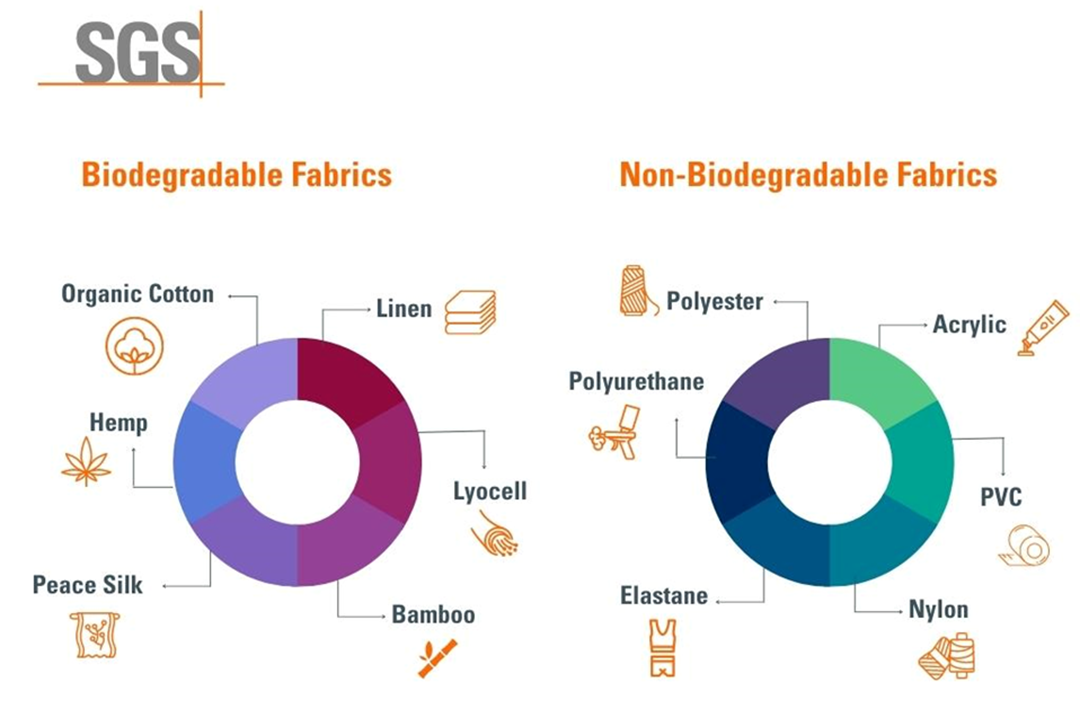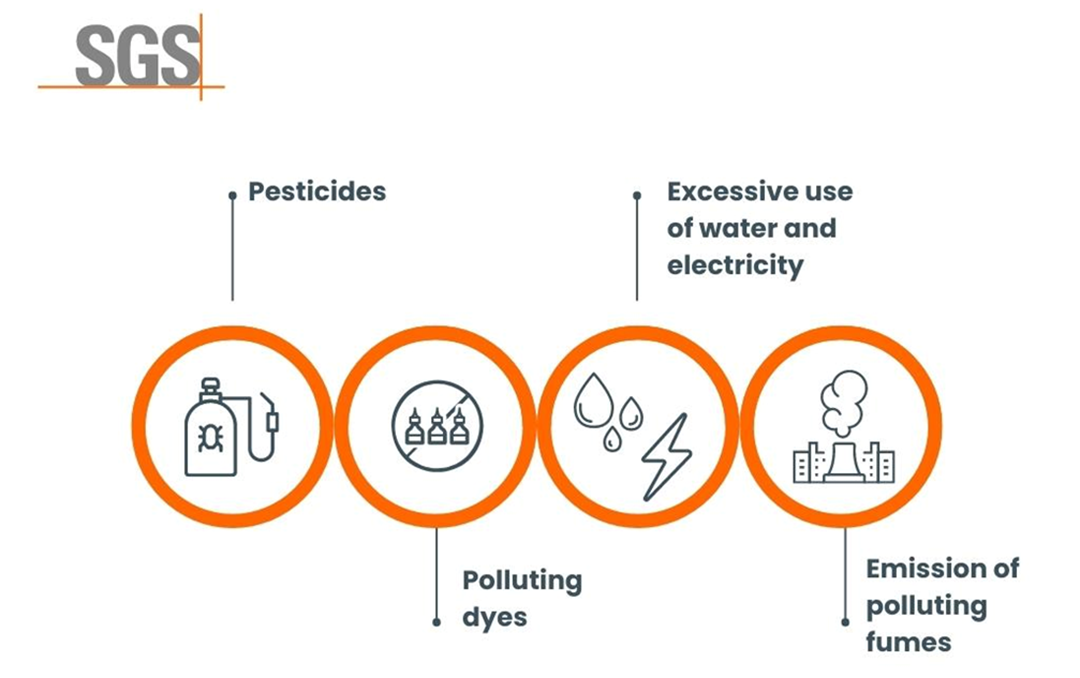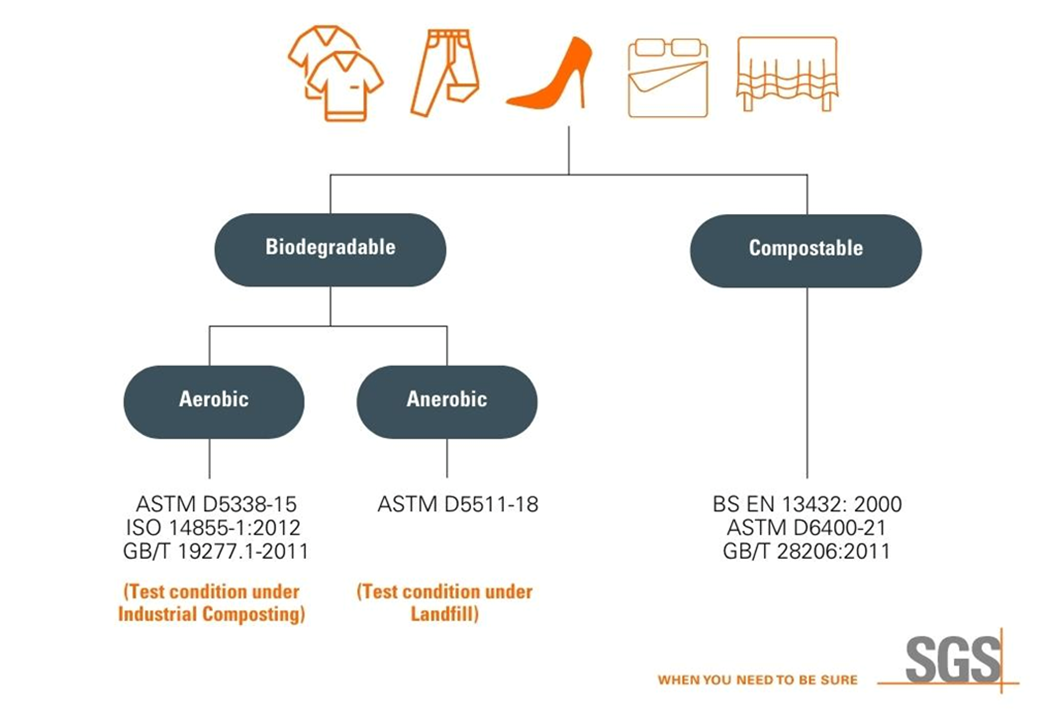Biodegradable Fabrics: Can We Really Compost Our Clothes?
2024.09.05
When a piece of clothing wears out or goes out of fashion, it often ends up in the trash. But what if we told you that not every garment is destined for the landfill? Clothes made from natural fibers can be recycled and, at the end of their life cycle, are biodegradable—returning valuable nutrients back to the earth.
Understanding Biodegradability
What makes a fabric truly biodegradable? The answer lies in the amount of chemicals used throughout the textile’s life cycle. There are various types of biodegradable fabrics, each differing in their degradability, the time required for complete disintegration, and their overall environmental impact.

Biodegradable materials decompose naturally into chemical elements through the action of biological agents such as plants, bacteria, or animals. Physical agents like sunlight and water also play a crucial role in transforming these substances into compounds that nourish the environment.
What Are Bio-Garments?
Have you heard of bio-garments? These include shoes, t-shirts, trousers, and even household items like sheets and tablecloths. Bio-garments are designed with the intention of minimizing environmental impact throughout their entire life cycle. This means using materials that are eco-friendly and easily degradable.
Composting Your Clothes
Can you really compost your clothes? Yes, but there are conditions. For a garment to be compostable, at least 99% of it must be biodegradable. This means the fibres should break down quickly in nature without leaving any toxic residues behind.
Key Factors for Successful Composting:
- Dyes: Ensure clothing dyes are AZO-free.
- Trims, Threads and Buttons: These must either be biodegradable or completely removed before composting.
- Oxygen-Rich Environment: Clothes must be placed in an environment rich in oxygen, and adding wet kitchen waste can help accelerate the composting process.
The 99% Rule
To meet the compostability criteria, every aspect of the garment must be compostable. This includes:
- Organic fabric
- Low-impact, AZO-free dyes
- Compostable trims, threads, and buttons
If any components are non-biodegradable, brands have a responsibility to inform consumers so these can be removed prior to composting.
Testing for Biodegradability
How can you trust that a product is genuinely biodegradable? SGS has developed specialized tests specifically for textile products to ensure they do not leach toxins into the environment.
Our biodegradation tests utilize controlled soil burial over a defined period, following international standards that assess the decomposition and degradation behaviour of materials.
Transparency in Sustainability
The results of these tests allow brands to determine the decay process and environmental impact of their textiles, transparently demonstrating their commitment to sustainability throughout the entire life cycle.
Please subscribe and contact us at TIC Mall for more details.










